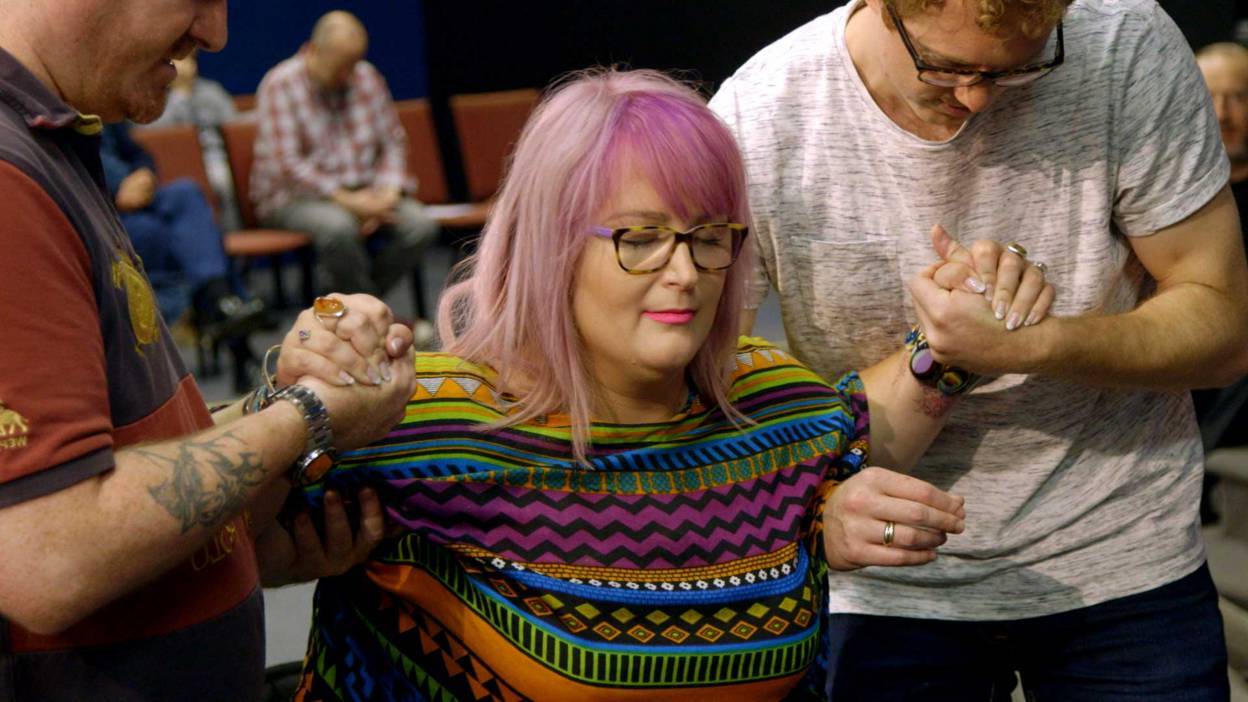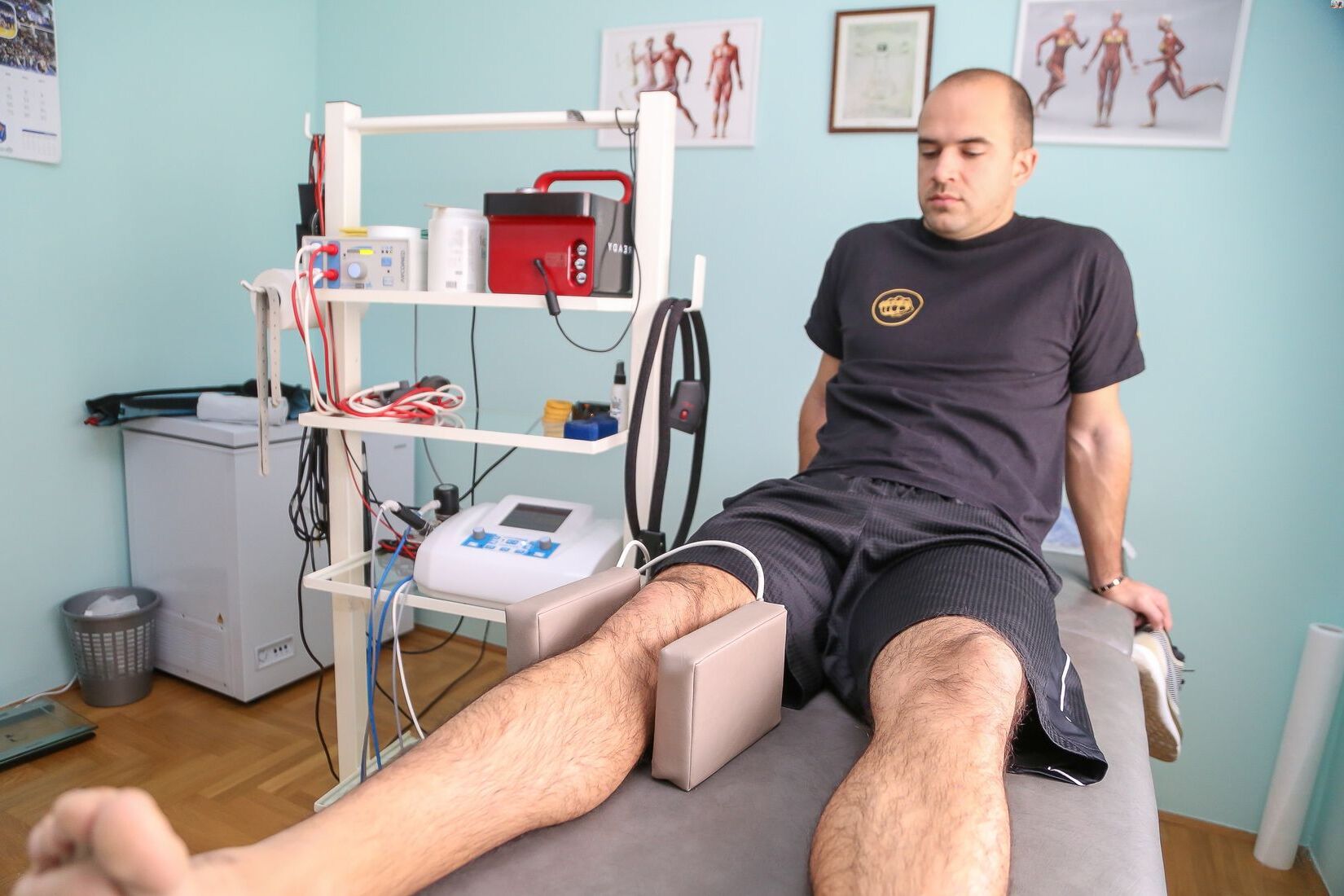
Faith healing has intrigued people for centuries. But what exactly is it? Faith healing refers to the practice of using prayer, belief, and spiritual rituals to cure illness or disability. Many believe that faith can lead to miraculous recoveries, while others remain skeptical. This practice spans various cultures and religions, each with its unique methods and stories. From ancient shamans to modern televangelists, the concept of healing through faith has evolved but remains a topic of debate. Whether viewed as divine intervention or psychological comfort, faith healing continues to captivate and challenge our understanding of health and spirituality. Let's explore 20 intriguing facts about this age-old practice.
What is Faith Healing?
Faith healing is a practice where individuals believe that divine intervention can cure diseases or ailments. This belief spans across various cultures and religions. Here are some intriguing facts about faith healing.
-
Ancient Roots: Faith healing practices date back thousands of years. Ancient Egyptians, Greeks, and Romans all had rituals and prayers aimed at invoking divine help for healing.
-
Biblical References: The Bible contains numerous accounts of faith healing. Jesus Christ is often depicted healing the sick through faith and prayer.
-
Global Practice: Faith healing isn't confined to one religion. It is practiced in Christianity, Islam, Hinduism, and many other faiths worldwide.
-
Placebo Effect: Some scientists argue that faith healing works through the placebo effect. Belief in the treatment can sometimes lead to real improvements in health.
Methods of Faith Healing
Faith healing can take many forms, from prayer to laying on of hands. Each method has its own unique aspects and history.
-
Prayer: One of the most common methods, prayer involves asking a higher power for healing. This can be done individually or in groups.
-
Laying on of Hands: This involves a healer placing their hands on the person in need of healing. The belief is that divine energy flows through the healer to the patient.
-
Anointing with Oil: Some faith healers use oil to anoint the sick. This practice is often accompanied by prayers and is believed to have spiritual significance.
-
Faith Healing Services: Many religious organizations hold special services dedicated to faith healing. These gatherings often include prayers, singing, and testimonies of healing.
Scientific Perspective on Faith Healing
While faith healing is a deeply spiritual practice, it has also been the subject of scientific scrutiny.
-
Placebo Studies: Research has shown that the placebo effect can be powerful. Belief in a treatment, even if it's just a sugar pill, can lead to real health improvements.
-
Psychological Benefits: Faith healing can provide psychological benefits, such as reduced stress and increased hope, which can contribute to overall well-being.
-
Lack of Empirical Evidence: Despite anecdotal reports of miraculous healings, there is a lack of empirical evidence supporting the effectiveness of faith healing.
-
Ethical Concerns: Some medical professionals raise ethical concerns about faith healing, especially when it replaces conventional medical treatment.
Famous Faith Healers
Throughout history, several individuals have gained fame for their faith healing abilities.
-
Oral Roberts: An American televangelist known for his healing crusades, Roberts claimed to have healed thousands through prayer.
-
Benny Hinn: Another televangelist, Hinn is famous for his "Miracle Crusades" where he performs faith healings in front of large audiences.
-
Smith Wigglesworth: A British evangelist, Wigglesworth was known for his bold faith and reported healings, including raising people from the dead.
-
Sai Baba: An Indian spiritual leader, Sai Baba was believed by his followers to have performed numerous miracles, including healing the sick.
Controversies Surrounding Faith Healing
Faith healing is not without its controversies. Some practices and claims have sparked debate and criticism.
-
Fraudulent Claims: There have been cases where faith healers were exposed as frauds, using tricks to fake healings.
-
Legal Issues: Some faith healers have faced legal action for practicing medicine without a license or for causing harm by discouraging medical treatment.
-
Exploitation: Critics argue that some faith healers exploit vulnerable people, taking advantage of their desperation for a cure.
-
Conflicts with Medicine: Faith healing can sometimes conflict with conventional medicine, leading to dangerous situations where individuals forgo necessary medical treatment.
Final Thoughts on Faith Healing
Faith healing has fascinated people for centuries. From ancient rituals to modern practices, it’s clear that belief plays a huge role in healing. Many claim miraculous recoveries, while skeptics demand scientific proof. Despite the debate, faith healing remains a significant part of many cultures. It offers hope, comfort, and sometimes, real relief. Whether you believe in its power or not, the stories and experiences of those who practice faith healing are compelling. They remind us of the incredible strength of the human spirit and the power of belief. As science and spirituality continue to intersect, the conversation around faith healing will likely evolve. But one thing’s for sure: faith healing will always be a topic that sparks curiosity and discussion. Keep an open mind and explore the stories, because you never know what you might learn.
Was this page helpful?
Our commitment to delivering trustworthy and engaging content is at the heart of what we do. Each fact on our site is contributed by real users like you, bringing a wealth of diverse insights and information. To ensure the highest standards of accuracy and reliability, our dedicated editors meticulously review each submission. This process guarantees that the facts we share are not only fascinating but also credible. Trust in our commitment to quality and authenticity as you explore and learn with us.


